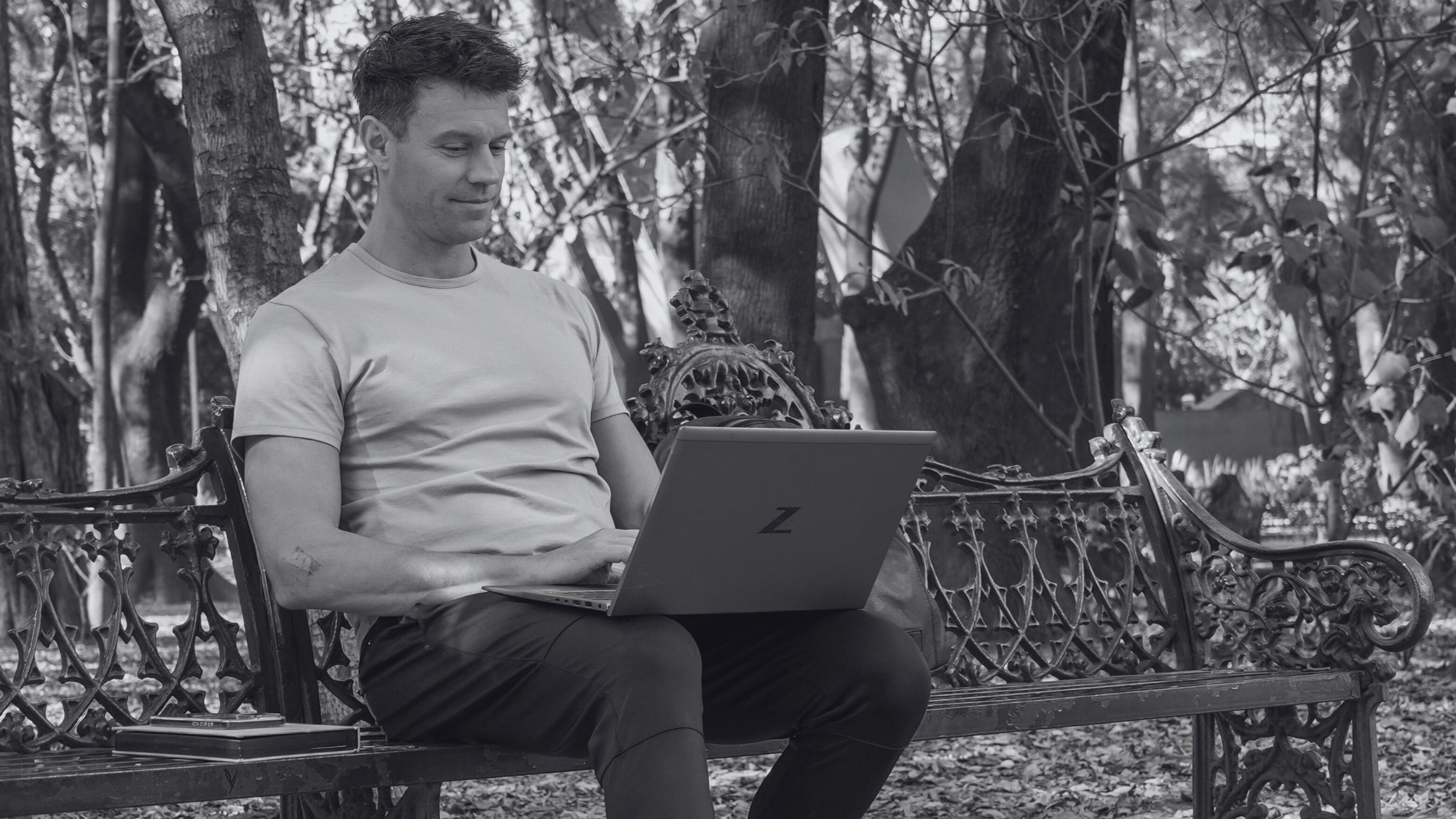Article: Evolved Efficiency

Evolved Efficiency
3 Easy Productivity Hacks for Remote Workers
(you will NOT like #3)
Remote work come with freedom—but also distractions. While studies show remote workers are 13% more productive than office workers, this only applies when structured habits are in place. Without them, distractions, lack of motivation, and decision fatigue can derail your efficiency.
Here are three science-backed hacks to sharpen your focus and get more done. But be warned—you won't like the last one.
-
Change Up Your Environment
Your brain creates associations with physical spaces. If you work where you relax (like your bed or couch), focus naturally declines over time. A study from the University of Exeter found that employees who had control over their workspace were 25% more productive and significantly happier than those in a fixed setting.
To boost focus, rotate between different workspaces —a desk for deep focus, a coffee shop for creative tasks, or a standing area for movement. Lighting matters too. Research from Cornell University found that natural light reduces eye strain by 51% and improves focus. If you don't have a window nearby, invest in daylight-mimicking bulbs.
-
Use Time Blocking to Improve Efficiency and Focus
Multitasking lowers efficiency by 40%, according to a Psychological Science study. Every time you switch tasks, your brain experiences "attention residue", making it harder to focus. Time blocking is the solution —structuring your workday into focused time slots instead of reacting to tasks as they come.
One effective method is the 90/20 approach —90 minutes of deep work, followed by a 20-minute break. This mimics how elite athletes train, alternating between focused effort and active recovery. A University of California study found that workers who use structured time blocks complete tasks 25% faster and with higher accuracy.
To maximize results, batch similar tasks together —schedule emails and admin work separately from deep-focus projects. This minimized context switching and prevents cognitive overload.
-
Turn Off Your Phone (Yes, Seriously.)
This is the one you'll hate the most, but it's also the most effective. A study from the University of Texas found that even having your phone on your desk —without touching it —reduces cognitive capacity by 10%. Your brain stays unconsciously alert, anticipating notifications.
It gets worse. The average person checks their phone 96 times per day, or once every 10 minutes. Every interruption triggers a dopamine response, making it harder to sustain deep focus. A Journal of Experimental Psychology study found that receiving a single notification —without opening it —creates a distraction equivalent ti dropping 10 IQ points.
The fix? Physically remove your phone from your workspace. If that's not an option, use apps like Freedom or Forest to block distractions and set screen time limits. Research shows that workers who eliminate phone distractions experience a 50% productivity boost and 37% improvement in focus.
Work Smarter, Not Harder
Small changes—like optimizing your environment, structuring your time, and (yes) putting your phone away—can drastically improve your efficiency and mental clarity. Remote work should be about maximizing freedom, not losing focus.
Which of these hacks do you struggle with the most? Let's talk in the comments!
📌 Want high-performance comfort while working remotely? Check out The Lounger —designed for productivity, movement, and effortless style.
Need a quick version of these tips? We break it down in a swipeable carousel post on Instagram! Check it out and save it for later.

Leave a comment
This site is protected by hCaptcha and the hCaptcha Privacy Policy and Terms of Service apply.